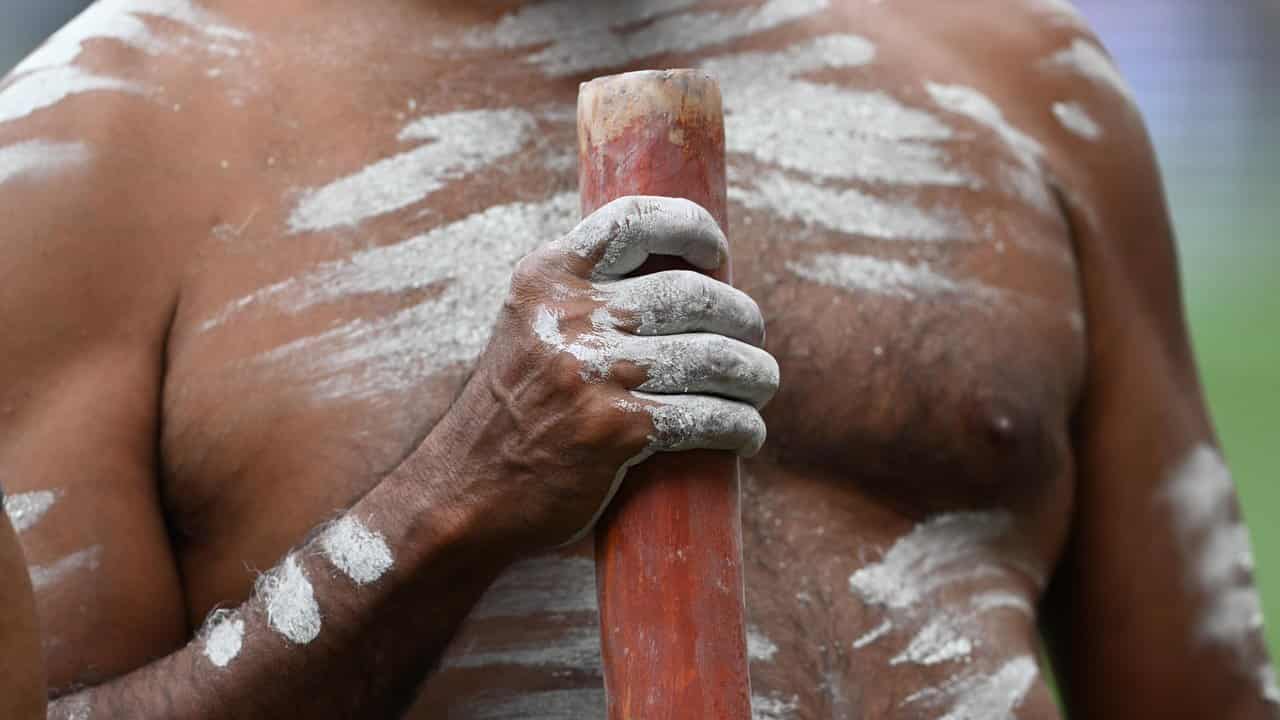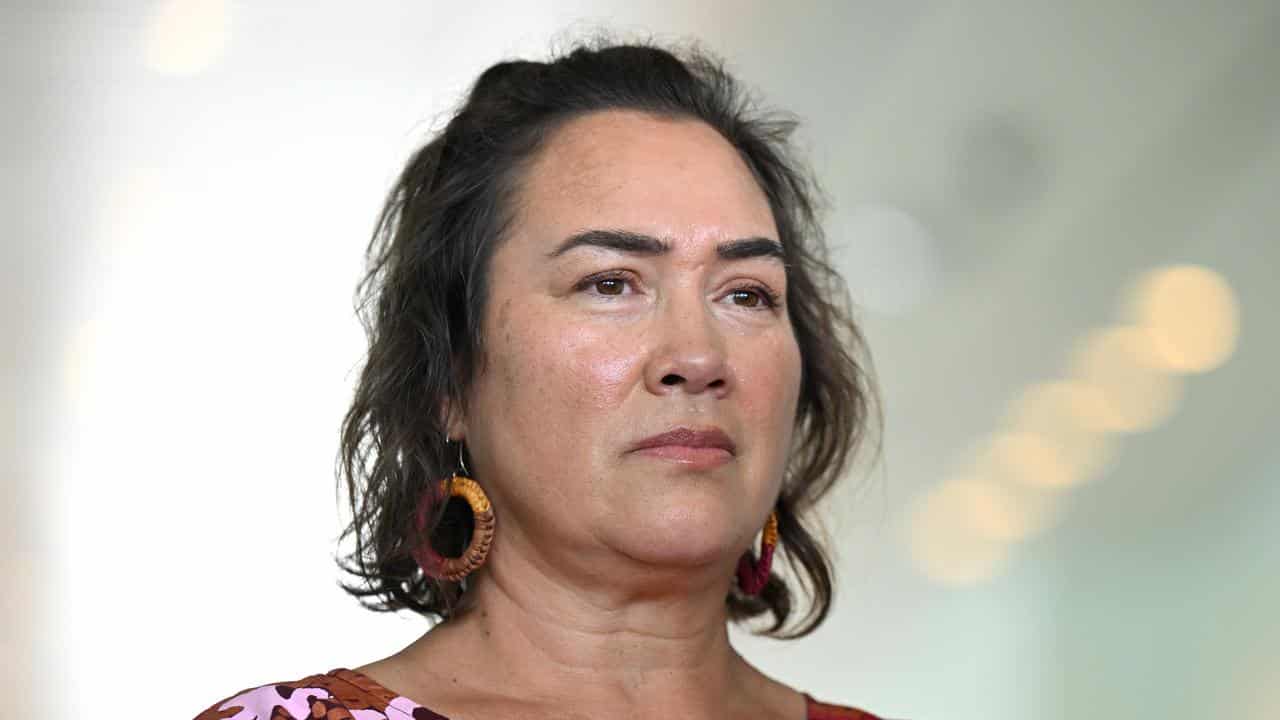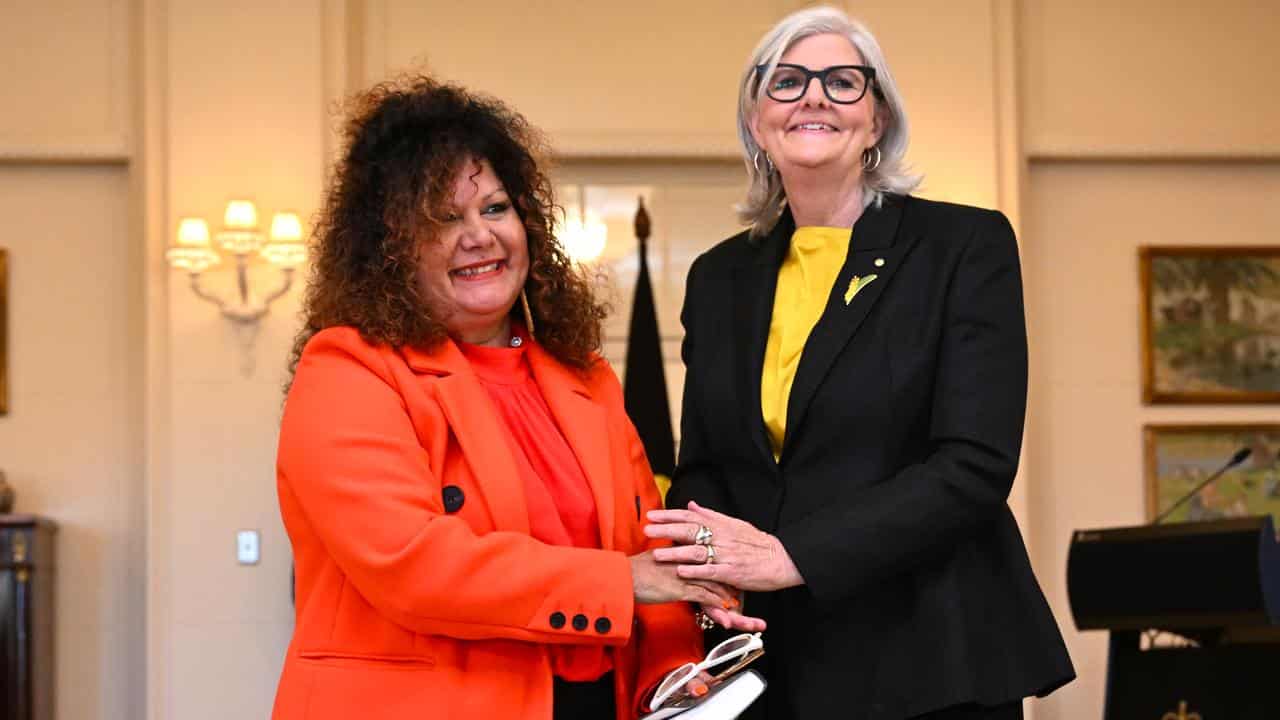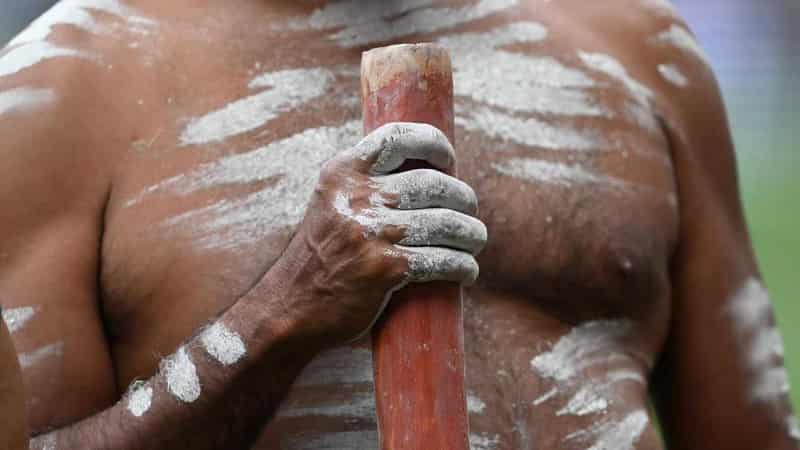
Generational inequality for Indigenous Australians won't be solved overnight, the prime minister says, after a scorecard found many socio-economic targets aren't being met.
Only five out of 19 Closing the Gap targets are on track, the Productivity Commission’s Annual Data Compilation Report released on Thursday shows.
Advocates have said Indigenous Australians were "somewhere between disappointed and frustrated" at the lack of traction in addressing the targets, with some saying approaches by the federal government were not working.
Prime Minister Anthony Albanese said the government was still committed to closing the gap targets, but change would not be immediate.
"The challenges are there, you can't resolve intergenerational inequality overnight, but what you can do is be committed to making a difference," he told reporters in Sydney on Thursday.
"Governments of all persuasions, at all levels, have not done enough in the past, but we're committed to working with those communities."
But Catherine Liddle, chief executive of the peak body for Indigenous children and families, SNAICC, said the federal government needed to do better because "screaming from the rooftop for ages" wasn't working.

"(I am) somewhere between disappointed and frustrated and I always find that a very uncomfortable place to be, because I'm a person that likes to see light," she told ABC TV in response to the commission's report.
"You see those data sets that again reinforce what we heard even at the beginning of the year, and that is governments are not moving fast enough on this, it's frustrating."
A fresh approach wasn't needed because the evidence shows the areas where there is success give communities control of decision-making processes, the Arrernte and Luritja woman from Central Australia said.
"It's not about finding a new pathway, certainly that's not what the Productivity Commission is saying," she said.
"It's saying, share the decision-making - this is common sense, governments talking to the people about the issues that impact them, and the solutions to solve that."
Newly sworn-in Indigenous Australians Minister Malarndirri McCarthy said a bipartisan approach was needed for meaningful reform for Aboriginal and Torres Strait Islander outcomes.
"We need to work together as a parliament, just as we are trying to do with first ministers in Indigenous affairs in every state and territory jurisdiction," she said in Darwin.

"I will be reaching across a parliamentary divide to ensure there are some certain areas of Aboriginal affairs where we should be untouched in terms of it being a political football."
The commission's report was based on data first released in February.
Targets to reduce rates of incarceration, out-of-home care and suicide aren't on track, it shows.
The most recent data for 2022 shows suicide was the leading cause of death for Aboriginal and Torres Strait Islander people aged 15–39.
As well, the commission noted the life expectancy of Aboriginal and Torres Strait Islander men is 71.9 years and 75.6 years for women.
For non-Indigenous people, average life expectancy is 81.2 years for males and 85.3 years for women - with the gap not on track to close by 2031.
However, targets for healthy birth weights, preschool enrolments and Indigenous employment are heading toward being met by 2031.
Land mass and sea waters covered under Indigenous legal rights and interests are also improving at a rate required to meet the target, the commission found.
“We know that having ready access to culturally safe and responsive services and systems can make all the difference to socio-economic outcomes for Aboriginal and Torres Strait Islander people,” Commissioner Selwyn Button said.
Closing the Gap is a national strategy that aims to reduce Indigenous disadvantage relating to life expectancy, child mortality, and access to education and employment.
The strategy was launched in 2008 and revised in 2020 and aims to reach its targets within a generation.
13YARN 13 92 76
Lifeline 13 11 14









